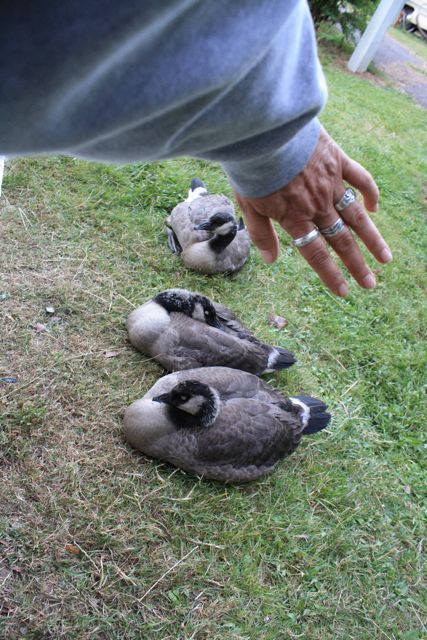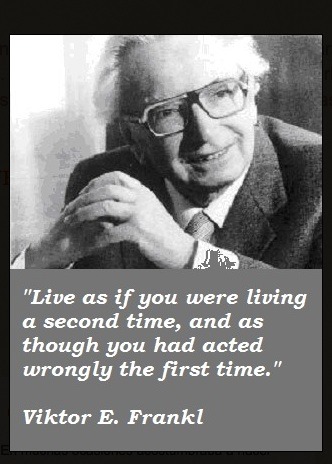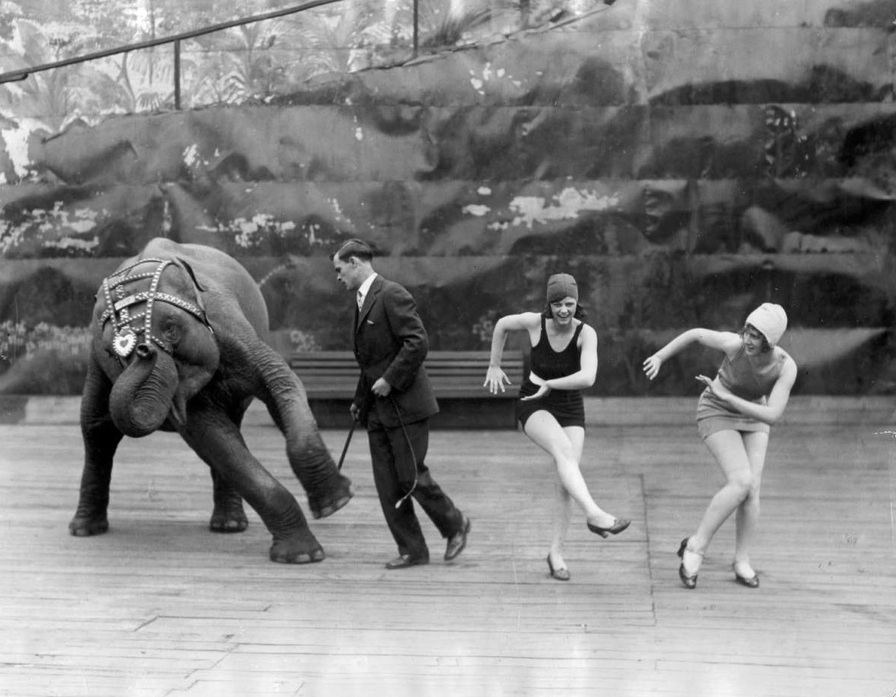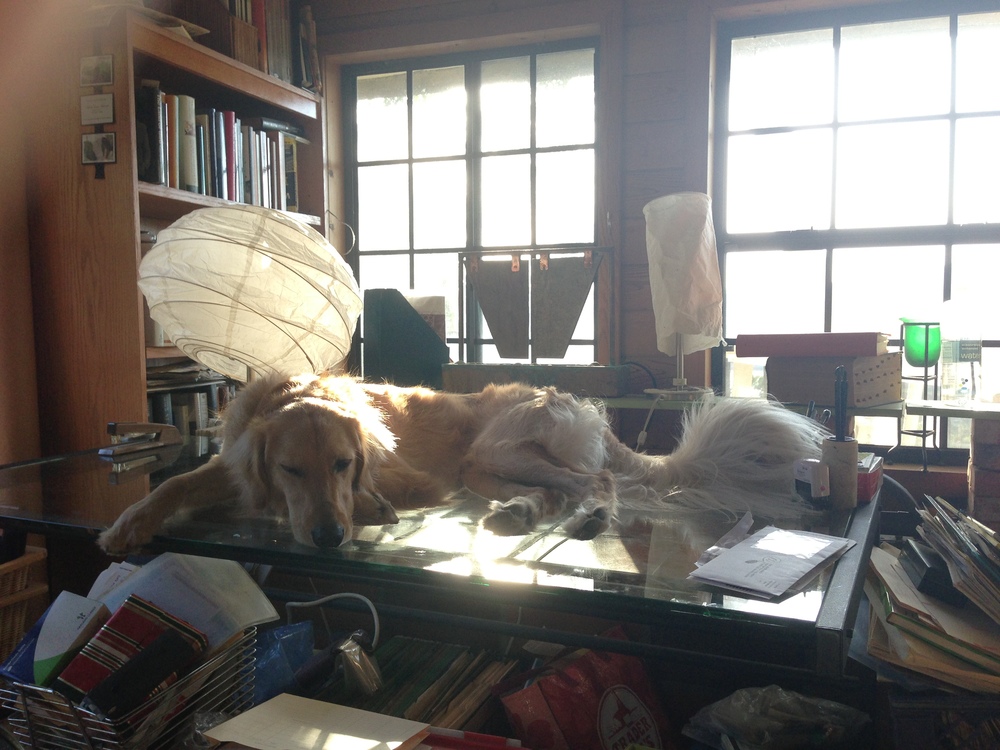
Hey my people,
Walter White has gone to that great infusion center in the sky, and I hope he's telling them to stick their needles where the pearly gates don't shine. That's what I'll miss most about Breaking Bad: Walter = WORST CANCER PATIENT EVER.
When I first quaked my way into an oncologist's office, I noticed an extravagent floral arrangement on the receptionist's counter. "Pretty," I said to the nurse who came out to give me my prep instructions for abdominal surgery.
"Oh yes," she said, "A patient sent that. You wouldn't believe what they give us. Chocolates, flowers, all kinds of beautiful stuff. They want us to like them."
Bribes, I thought. Sacrifices to propitiate the dark god Cancer and find favor with its priests. Little extras to say, Let me be the miracle. Save me me me. I'll never stoop to that, I thought.
Ha. You sit in a cancer center waiting room, you look around at all the other cases, you picture thousands of lab results, nothing but rows of numbers to recall your face to a doctor. How do they not confuse you with a million other people? And if they lose track, will you live through it? Think about all that, and you'll be ready to prance around naked with a flaming baton, just to boost your brand.
To this day I find myself thinking of what funny story to tell my doctor in the exam room. Not too long; I don't want to see that "Cut to the chase" look in his eyes. Not too downbeat, too complicated, too clingy, too scared. I realize that I'm hoping, however ridiculously, that being a model patient will make the cancer behave.
Walter White, on the other hand, is a chemist in the land of chemo. It never occurs to him to make peace with cancer. He's mad as hell and there's a whole raft of stuff he's not going to take anymore. He said it to his brother-in-law, DEA agent Hank, way back in Season Two:
When I get my Heisenberg on, it's about sneaking into an afternoon movie, not cooking blue meth. As angry as I am sometimes, I know I won't be jumping off on a cancer-fueled crime spree. That's why I'll miss you, Walt. I'm so happy one of us in Cancerville broke bad.

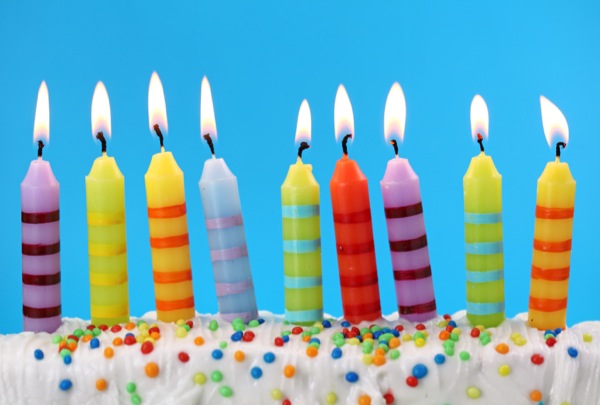


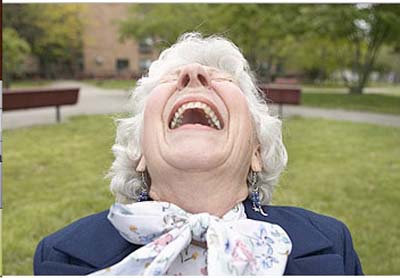

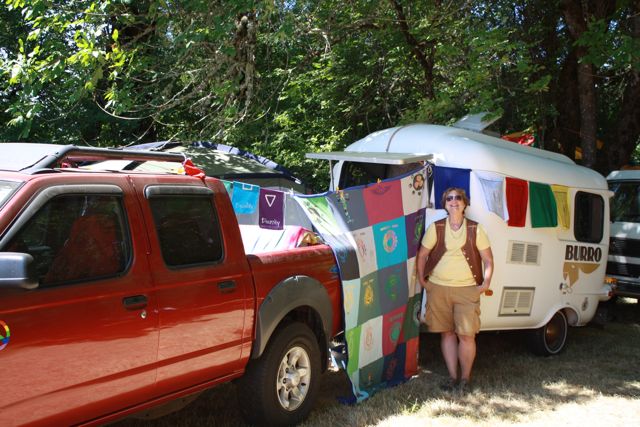
 Further complications prevented Jessica from driving coast to coast. But not before she sent us pictures of this field of flowers or these sociable geese. And just because she's stopped driving, doesn't mean she's stopped moving. Next on Jessica's list is a flight to Barcelona, her childhood home. From there, if she can, she'll join the amazing walking pilgrimage, the Camino de Santiago de Compostela.
Further complications prevented Jessica from driving coast to coast. But not before she sent us pictures of this field of flowers or these sociable geese. And just because she's stopped driving, doesn't mean she's stopped moving. Next on Jessica's list is a flight to Barcelona, her childhood home. From there, if she can, she'll join the amazing walking pilgrimage, the Camino de Santiago de Compostela. 
